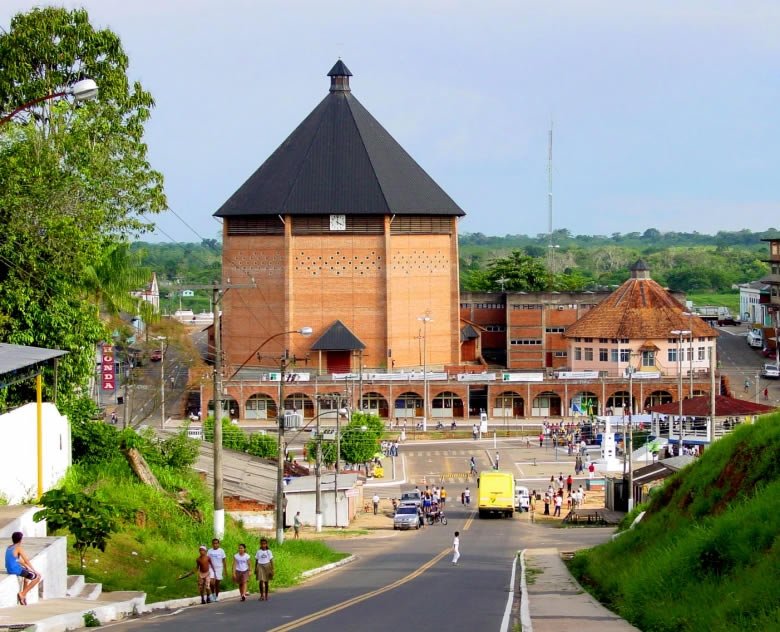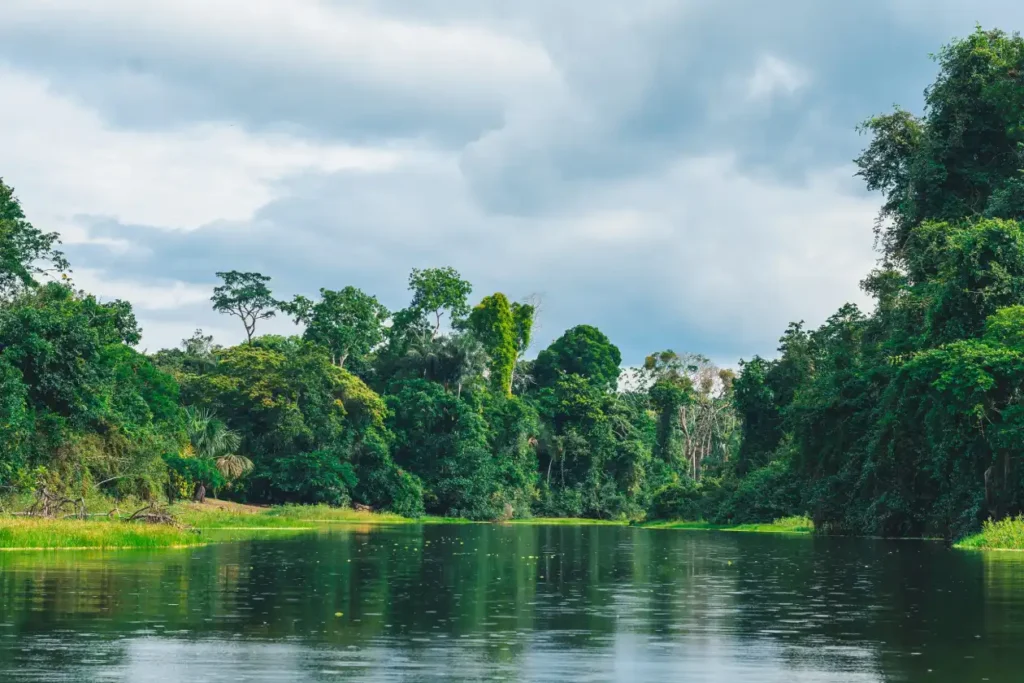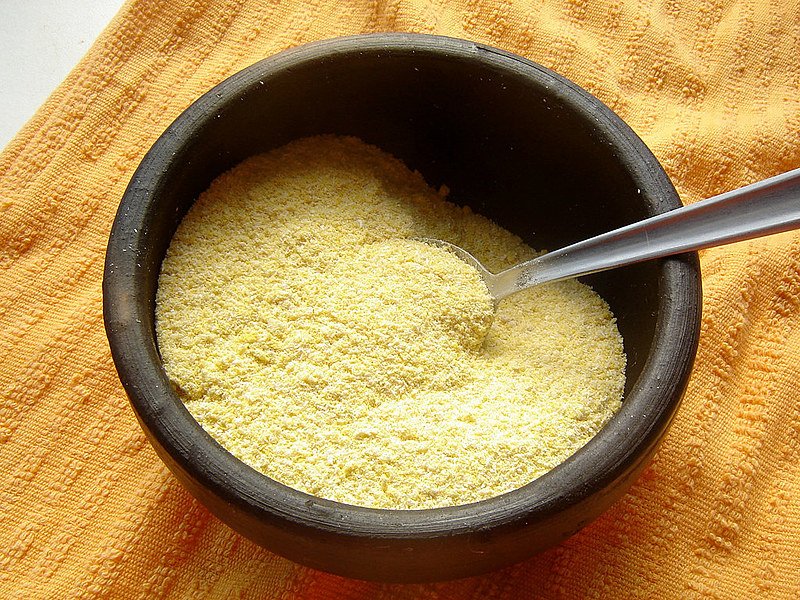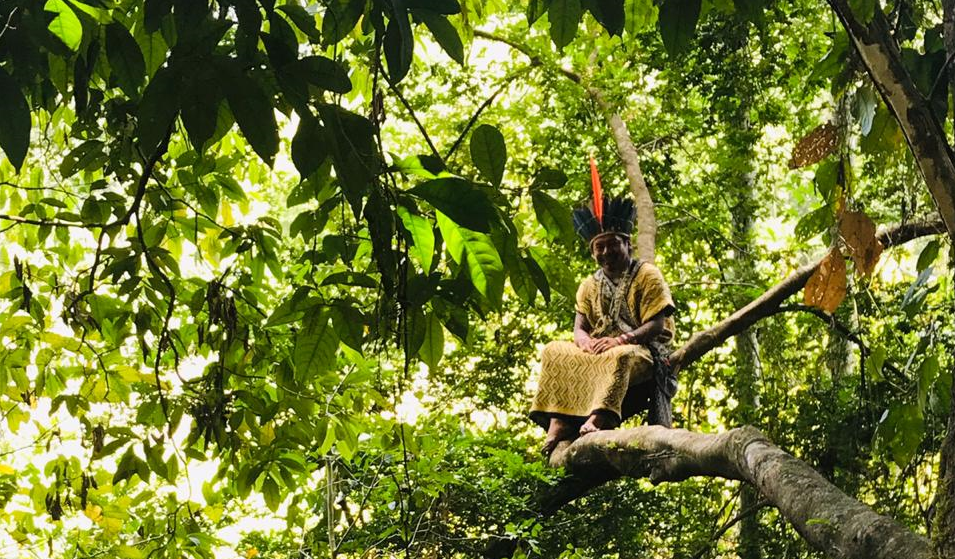Indigenous Medicine in Acre: In the state of Acre, located in the heart of the Amazon, indigenous medicine plays a fundamental role in preserving the health and well-being of indigenous communities. Based on a deep knowledge of the forest’s biodiversity, indigenous peoples use medicinal plants, spiritual practices and orally transmitted traditions to treat illnesses and promote harmony between body, mind and spirit.
Connecting with the Amazon Rainforest
Acre is home to several indigenous ethnic groups, such as the Yawanawá, Huni Kuin (or Kaxinawá), Ashaninka and Shanenawa, among others. For these communities, the forest is a living pharmacy, where each plant has a medicinal or spiritual purpose.
Among the species widely used are:

Ayahuasca: Sacred drink prepared with jagube vine and chacrona leaves, used in healing and self-knowledge ceremonies.
Dragon’s Blood: Resin extracted from the Croton lechleri tree, used to treat wounds, inflammation and digestive problems.
Cat’s Claw: Plant with anti-inflammatory properties, widely used for joint pain and immune problems.
Rosewood and andiroba: Used in the production of medicinal oils to relieve muscle pain and treat skin infections.
Spiritual rituals and shamanism
The shamans, the spiritual leaders of the communities, play a central role in indigenous medicine in Acre. They act as mediators between the physical and spiritual worlds, performing ceremonies that include chants, prayers and the use of medicinal substances. The pajelança rituals are used not only to cure illnesses, but also to strengthen the soul, ward off negative energies and restore spiritual balance.
Medicine and Ayahuasca in Acre
As lideranças indígenas no Acre têm lutado para proteger seus territórios e preservar suas práticas culturais e espirituais, transmitindo esses saberes para as próximas gerações.
Integration with modern medicine
Indigenous medicine in Acre is beginning to be more valued, including by health professionals who recognize its complementary potential to conventional treatments. Indigenous health programs in the state seek to integrate traditional and modern knowledge, promoting respect for ancestral practices and encouraging research into the medicinal properties of Amazonian plants.

The Challenges of Preservation
Although knowledge of indigenous medicine is vast, it faces threats due to land loss, environmental degradation and lack of official recognition. Indigenous leaders in Acre have been fighting to protect not only their territories, but also their cultural and spiritual practices, ensuring that this knowledge is passed on to future generations.
Indigenous medicine in Acre is a reflection of ancestral wisdom and the natural wealth of the Amazon. Preserving it is a way of recognizing the importance of indigenous peoples as guardians of the forest and their contributions to a more sustainable and healthy future.






